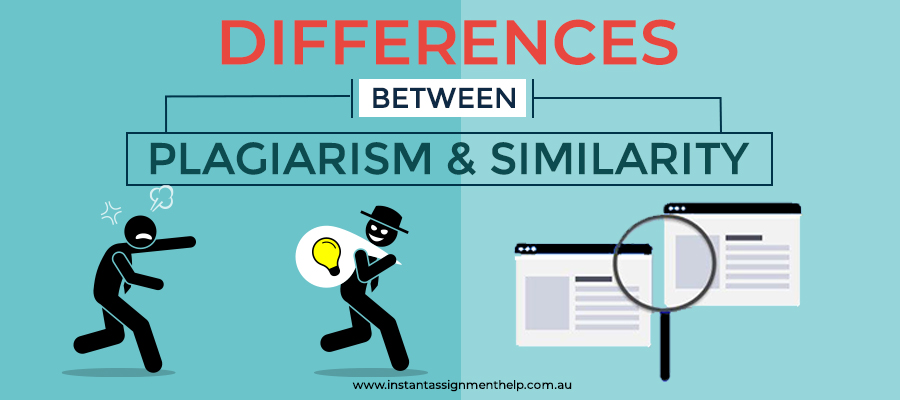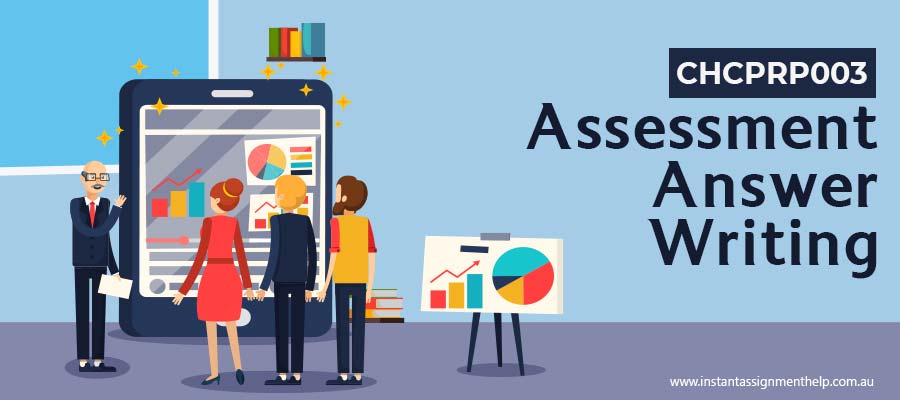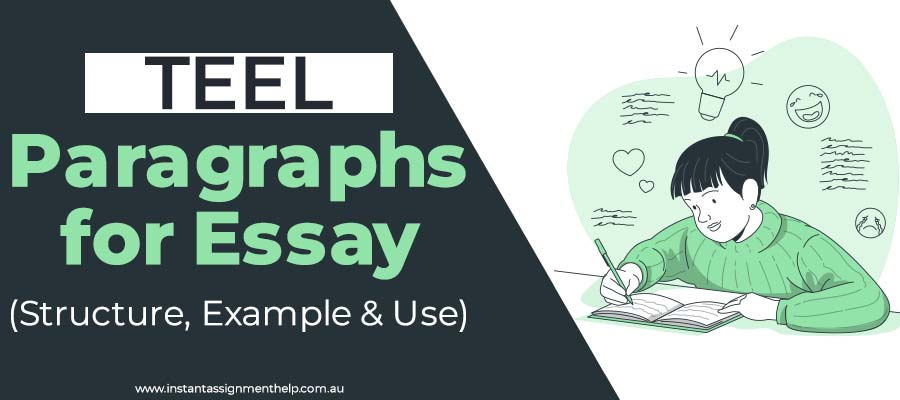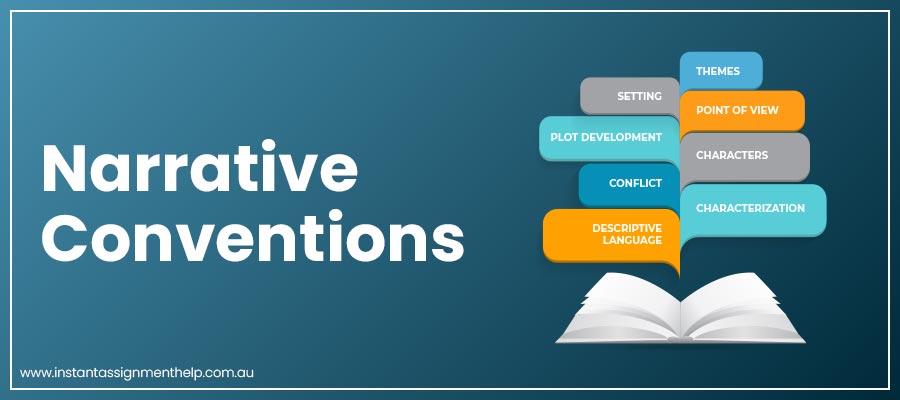Table Of Contents
You might not be aware of the fact that there are more than 6500 languages that are spoken in the world today. However, it is another thing that you understand only one or maybe two languages to communicate. There is nothing to be sad about as one needs to know the native language to deliver ideas, thoughts, emotions, and opinions to a person living in the same country. But there are certain words that you can use to express better. In this blog, you will understand what are emotive words and how to use them.
Emotive language is the term used when certain word choices are made to evoke an emotional response. Now you must be curious as to what is emotive language definition; here is the answer. It is a famous rhetorical technique where words are used to play into the emotional side of the audience. It often aims to steer the reader or listener to share the author or speaker’s point of view, using language to stimulate an emotional reaction. Emotive language is often utilized in a variety of ways.
Emotive language examples in voice communication are speeches, vocable performances, public addresses, debates and even everyday conversation. It is often employed in creative or fictional writing to grant the reader a dynamic and exciting experience. Most common emotive language examples are observed in novels, poetry, short stories and plays. It can even be employed in non-fiction writing, like biographies, newspaper articles, opinion pieces and private blogs.
Making someone understand what you are saying, feeling, portraying, etc., through words, and even sentences are all examples of emotive language. It is important to understand this type of language from basic to advanced because it helps communicate in a better and desired way. And because of its importance, many schools and even universities pay attention to enhancing the knowledge of the emotive language through teaching words, and phrases and even assigning assignments.
If you have been assigned an assignment writing and want to make it perfect to score sky-high grades, you need to understand the key element of evoking emotions among the readers. In case you lack knowledge about what is emotive language, read this blog further. The professionals of Instant Assignment Help Australia have shared their insight into this type of language through its meaning, examples, usage, and benefits.
Let’s get started.
What Is Emotive Language?
First thing first, what is the true meaning of emotive language? Evoking an emotional response through specific word choices and making someone understand your feeling behind it, is known as emotive language. It allows you to choose the words cautiously to pass the emotion effectively and create an impact. Having the element of impact helps the writer to make the reader understand the point of view better. Due to this particular reason, professors ask students to understand the intricacies of this language and implement it in their writing to ensure effectiveness and persuade readers until the end of the document.
Now, when you understand the true meaning of emotive language, you must be wondering what this particular language actually does. Isn’t it? Yes, then go through the next section and know it yourself.
What Are the BENEFITS of Using Emotive Language in Your Assignment Writing?
Writing an academic assignment is a challenging task when you don’t have appropriate knowledge of the topic, and even the lack of writing skills also contributes to bad grades. Hence, enhancing knowledge and writing skills both are kind of mandatory to score the grades you want. If you are looking forward to gaining insights into the topic to write relevant information, you can check our previously written samples.
On the other hand, having a thorough understanding of what is emotive language can also be considered as possessing good writing skills. It is because this language contributes to compelling the reader with emotions. When you have the ability to make your reader understand every bit of your writing, you can easily get a high distinction. If you want to adopt this type of writing and know its benefits, you must go through the below-mentioned points.
- It provides a cultural background
- It helps in keeping the reader engaged
- It gives better reactions from the writer
- It helps the reader to connect alongside the character
- Emotive language inspires the emotions of the reader
- Showcases your thoughts and ideas as an expressive tool
- Accurately delivers the information and ensures connectivity with the topic
These are a few benefits of an emotive language that you can also enjoy while writing your academic assignments. It will help you portray your understanding or command of words and English vocabulary and ensure strengthening your assignment content.
Wait!
Are you even aware of the most common emotive language examples?
If no, you are at the right place because Instant Assignment Help Australia professionals have prepared a sheet of words and have shared the same in the further section. Do consider going through it with the utmost dedication to fathom what is emotive language.
What Are the Most Compelling Emotive Language Words That You Must Know?
Writing top-notch academic assignments, especially on literature like tedious subjects, requires you to have excellent knowledge of emotive words that help evoke emotion in the content. Due to the lack of knowledge, many students come to us with the ‘What is emotive language examples?’ like query. Therefore, we as the most reliable and trustworthy assignment writing service provider answered this query with the help of the below-mentioned list.
Here’s the list of words that you can use and make your assignments top-notch by making the reader feel your thoughts.
- A: Adored, Afraid, Aggravated, Agitated, Agonized, Alarmed, Alienated, Amazed, Amused, Angry, Anguished, Annoyed, Antsy, Anxious, Apprehensive, Aroused, Ashamed, Astonished, Attracted, Awful, Awkward
- B: Bashful, Bewildered, Bitter, Blessed, Bored, Brave
- C: Calm, Caring, Cautious, Cheerful, Comfortable, Compassionate, Concerned, Confident, Confused, Contempt, Content, Critical, Curious, Cynical
- D: Defeated, Dejected, Delighted, Depressed, Desired, Disappointed, Discouraged, Disgusted, Disliked, Dismayed, Distressed, Disturbed, Down, Dreadful
- E: Eager, Ecstatic, Edgy, Elated, Embarrassed, Encouraged, Enraged, Enthralled, Enthused, Envious, Euphoric, Exasperated, Excited, Excited, Exhausted, Exhilarated
- F: Fatigued, Fearful, Ferocious, Fidgety, Fond, Frightened, Frustrated, Funny, Furious
- G: Glad, Gleeful, Gloomy, Greedy, Grief-stricken, Grouch, Grumpy, Guilty
- H: Happy, Hassled, Hateful, Helpless, Hesitant, Homesick, Hopeful, Hopeless, Horrible, Hostile, Humiliated, Hurt, Hysterical
- I: Impatient, Indifferent, Infatuated, Inferior, Insecure, Insulted, Irate, Irked, Irritated, Isolated
- J: Jealous, Jitter, Jolly, Joyous
- L: Loving, Loved, Lonely
- M: Mad, Mean, Melancholia, Mischievous, Miserable, Moody, Mortified
- N: Neglected, Nervous, Nice, Numb
- O: Optimistic, Outraged, Overwhelmed
- P: Panicky. Passionate, Patient, Pessimistic, Pleased, Proud, Puzzled
- Q: Queasy
- R: Rageful, Rapture, Regretful, Rejected, Relieved, Reluctant, Remorseful, Resentful, Restless, Revulsion, Ridiculous, Riled, Rushed
- S: Sad, Strive, Shake, Shocked, Shy, Silly, Sleepy, Sorry, Spiteful, Stressed, Surprised, Suspicious, Sympathetic
- T: Tender, Tense, Terrified, Thrilled, Tired, Tormented, Triumphant, Troubled
- U: Uncomfortable, Uneasy, Unhappy, Unsafe, Unsettle, Upset
- V: Vengeful, Vicious, Victorious
- W: Warm, Weary, Woeful, Wonderful, Worried, Wrathful
- Y: Yucky
- Z: Zany, Zeal, Zest
These are the A to Z emotive language meaning and words that will inspire you to recollect your confidence and write an effective assignment. But, even after reading all the words, you are failing to boost your productivity and confidence, you must consider seeking assignment help from the professionals of Instant Assignment Help Australia. To know more about our services, you can go through the next section of the blog.
Who Can Help You Draft Assignments Using Emotive Language Words?
If you think that even after knowing all the emotive language words that you can use in your academic papers, you are unable to process your zeal to write assignments, it is better you seek assignment help from our professional writers in no time. Instant Assignment Help Australia is considered the best when it comes to writing an assignment according to the university guidelines. Our writers are PhD certified and have years of experience in academic writing. They use their knowledge to bring perfection to work. You can even consider checking out our samples to understand how qualified and skilful our writers are.
The benefits you get by availing of our services are:
- Quality Content
- Free and unlimited revisions
- Money-back guarantee
- Round-the-clock availability
- Instant response
- A+ grades guaranteed
- Original work
- On-time delivery
Our customer care representative team works 24*7 to be at your service whenever you need us. You need to know that it does not matter how complicated your assignment writing topic is, we will write it for you. Do contact and have a word with us to know more about our services.
You might be interested in reading:
USD6
-
Topic CreationUSD 3.87
-
OutlineUSD 9.33
-
Unlimited RevisionsUSD 20.67
-
Editing/ProofreadingUSD 28
-
FormattingUSD 8
-
BibliographyUSD 7.33
RECENT BLOGS











